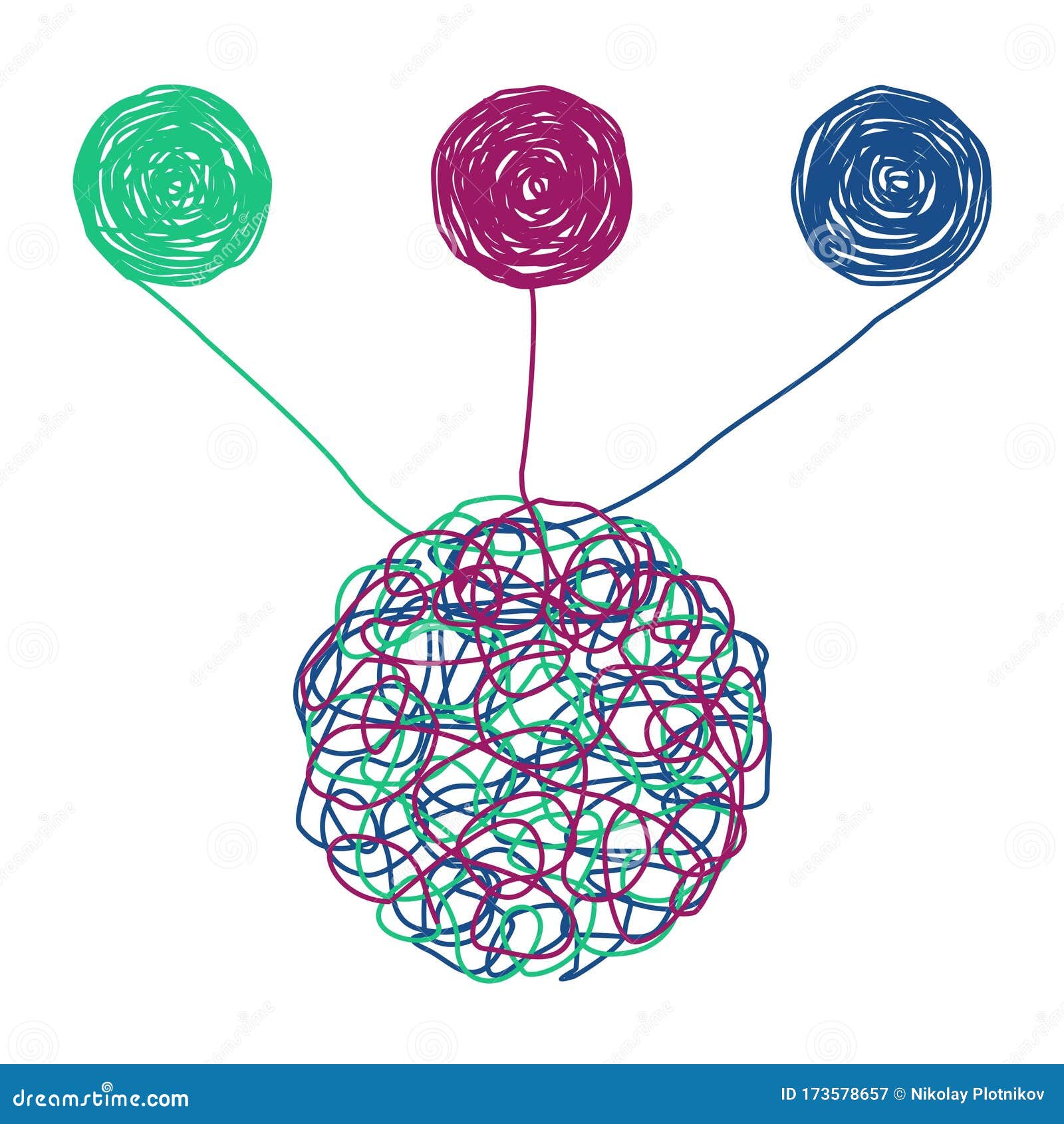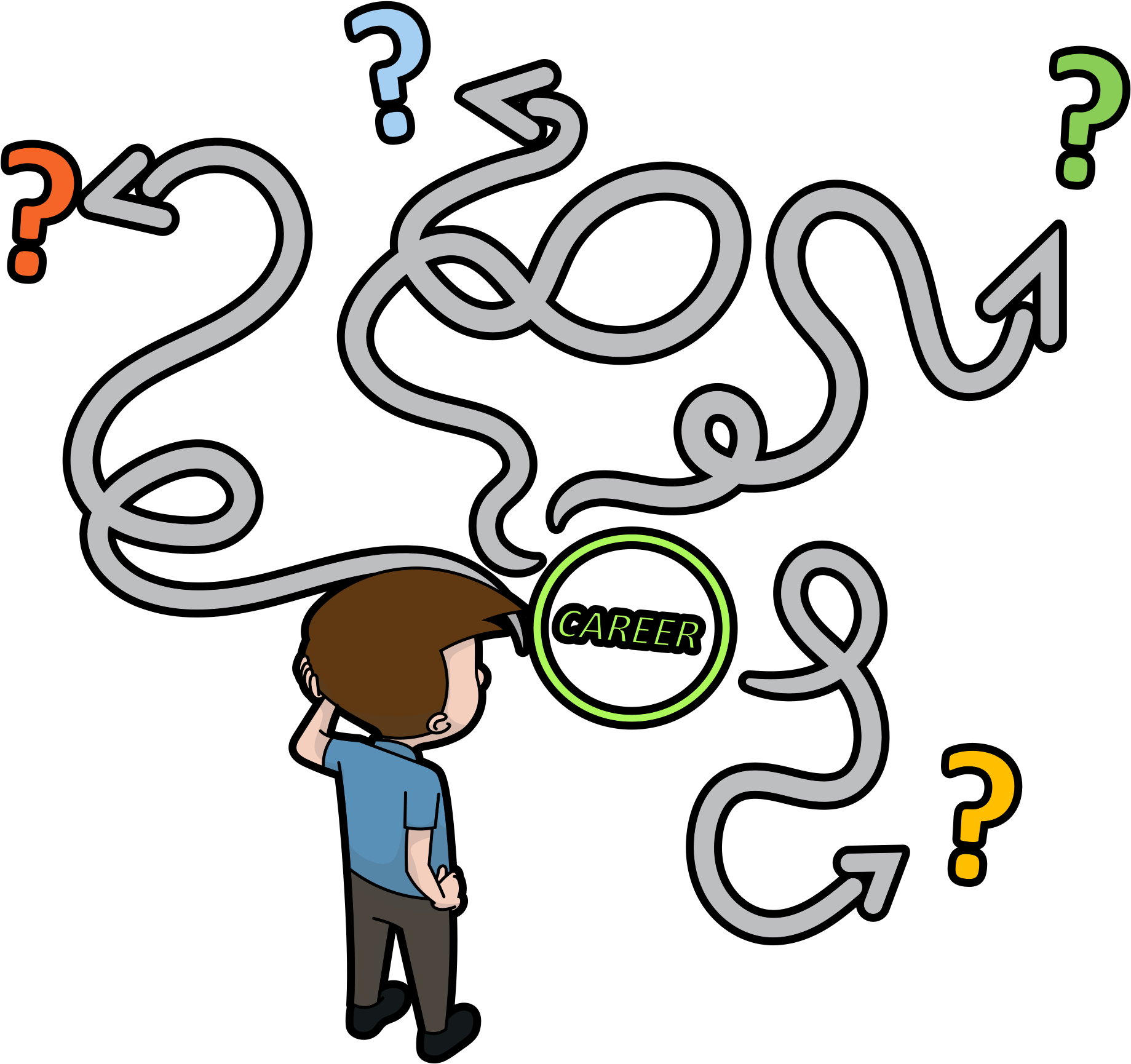You’ve probably stumbled across the terms “fikfok,” “fikfak,” and “filipka” while scrolling through social media or forums, right? If you’re scratching your head trying to figure out what these words even mean, you’re not alone. They’ve become buzzwords in online communities, but their meanings can get pretty blurry. So, let’s dive into this digital maze together and unravel the confusion behind fikfok, fikfak, and filipka!
Picture this: you're chilling on your favorite platform, scrolling through memes, and suddenly you see someone drop a comment with “fikfok” or “fikfak.” Your first thought? “What on earth does that mean?” Well, my friend, you’re about to find out. These terms have taken the internet by storm, and understanding them is like solving a puzzle. But don’t worry, we’ve got your back.
Before we get into the nitty-gritty, let’s establish one thing: these terms are more than just random words. They represent an entire culture, a mindset, and a way of communicating online. By the end of this article, you’ll have a clear understanding of what they mean, how they’re used, and why they matter. Ready to dive in? Let’s go!
- Ali Macgraw Then Now The Life Of A Hollywood Icon
- George W Bush Net Worth From Oil To The Oval Office
What Exactly is Fikfok?
Let’s start with the basics, shall we? Fikfok is a term that originated in online forums and social media platforms. It’s often used to describe something that’s overly complicated or exaggerated. Think of it as the digital equivalent of saying, “This is a whole lot of drama for no reason.”
For example, imagine someone posts a picture of their lunch, and suddenly the comments section explodes with people debating whether the seasoning is right or if the dish is even worth eating. That’s fikfok in action. It’s like taking a simple situation and turning it into a full-blown production.
Here’s the thing: fikfok isn’t always negative. Sometimes, it’s just people having fun and blowing things out of proportion for laughs. But other times, it can spiral into unnecessary arguments and drama. It all depends on the context and the people involved.
- Garrett Clarks Net Worth 2024 Gm Golfs Millions Revealed
- Kraft Heinz Net Worth 2025 A Deep Dive Family Secrets
Understanding Fikfak: The Slang You Need to Know
Now that we’ve tackled fikfok, let’s move on to its cousin: fikfak. Fikfak is another term that’s become popular in online circles, and it’s often used interchangeably with fikfok. However, there’s a subtle difference between the two.
Fikfak is more about the facts—or lack thereof. It’s used when someone is throwing around information without any real evidence to back it up. Think of it as the internet’s way of saying, “Are you sure about that?” or “Where did you get that info from?”
For instance, if someone claims that a celebrity did something scandalous without providing any proof, you might respond with, “Fikfak alert!” It’s a way of calling out misinformation and encouraging people to fact-check before spreading rumors.
Why Fikfak Matters in Today’s Digital Age
In a world where information spreads faster than ever, fikfak serves as a reminder to be critical thinkers. With so much content being shared online, it’s easy to fall into the trap of believing everything you read. But by using terms like fikfak, we can encourage others to question what they see and seek out the truth.
Here are a few reasons why fikfak is so important:
- It promotes critical thinking and skepticism.
- It helps combat the spread of fake news and misinformation.
- It fosters a culture of accountability and transparency.
Decoding Filipka: The Final Piece of the Puzzle
Now that we’ve covered fikfok and fikfak, let’s talk about filipka. Filipka is a term that’s often thrown around in online discussions, but its meaning isn’t always clear. At its core, filipka refers to a situation where someone is trying to prove a point or win an argument at all costs.
Think of it like this: you’re in the middle of a heated debate, and one person starts throwing out facts, stats, and anecdotes to make their case. They’re not just trying to win; they’re determined to crush the opposition. That’s filipka in action.
While filipka can be entertaining to watch, it can also be exhausting. Sometimes, it’s better to agree to disagree and move on rather than getting caught up in a never-ending argument. But hey, to each their own, right?
When Filipka Goes Too Far
There’s a fine line between healthy debate and toxic arguing, and filipka can sometimes cross that line. When someone becomes too focused on winning an argument, they might start resorting to personal attacks or manipulating facts to make their case. This can lead to a toxic environment where no one feels safe expressing their opinions.
Here are a few signs that filipka might be going too far:
- Personal attacks instead of constructive criticism.
- Twisting facts to fit a narrative.
- Refusing to acknowledge valid points from the other side.
How These Terms Intersect: The Big Picture
Now that we’ve broken down each term, let’s take a step back and look at the bigger picture. Fikfok, fikfak, and filipka are all part of the same online culture, but they each serve a different purpose. Together, they paint a picture of how people communicate, argue, and share information in the digital age.
Understanding these terms can help you navigate the sometimes confusing world of online discussions. By recognizing when someone is engaging in fikfok, fikfak, or filipka, you can better decide how to respond—or if you should respond at all.
The Role of Context in Online Communication
One thing to keep in mind is that context matters. A term that might seem harmless in one situation could be offensive or hurtful in another. It’s important to consider the context in which these words are being used and adjust your response accordingly.
For example, using fikfok to poke fun at a trivial argument might be okay in a lighthearted setting. But using it to dismiss someone’s legitimate concerns could come across as insensitive or dismissive. Always be mindful of the tone and intent behind your words.
The Psychology Behind Fikfok, Fikfak, and Filipka
So, why do people engage in fikfok, fikfak, and filipka in the first place? The answer lies in human psychology. We’re naturally drawn to drama, gossip, and debates because they stimulate our brains and keep us engaged. It’s the same reason why reality TV shows are so popular—people love watching others argue and compete.
But there’s more to it than just entertainment. Engaging in these behaviors can also be a way of establishing social status or proving one’s intelligence. By winning an argument or pointing out someone else’s mistake, people can feel a sense of superiority or validation.
Breaking Down the Motivations
Here are a few common motivations behind fikfok, fikfak, and filipka:
- Drama-seeking: Some people thrive on drama and enjoy stirring up trouble just for the sake of it.
- Intellectual validation: Others use these terms to show off their knowledge or critical thinking skills.
- Entertainment: Let’s not forget that sometimes, people just want to have fun and blow things out of proportion for laughs.
How to Navigate the Fikfok Fikfak Filipka Maze
Now that you know what fikfok, fikfak, and filipka are all about, you might be wondering how to navigate these waters without getting caught up in the drama. Here are a few tips to help you stay sane in the online world:
Tip #1: Stay Calm and Collected
When you encounter fikfok, fikfak, or filipka in action, it’s important to stay calm and collected. Don’t let yourself get dragged into unnecessary arguments or drama. Take a deep breath, assess the situation, and decide whether it’s worth engaging.
Tip #2: Question Everything
Don’t be afraid to question the information you come across online. If someone claims something that seems too good—or too bad—to be true, do your own research before jumping to conclusions. This will help you avoid falling victim to fikfak.
Tip #3: Know When to Walk Away
Sometimes, the best thing you can do is walk away from a toxic argument or drama-filled situation. If you find yourself getting too emotionally invested in a debate, it might be time to take a step back and focus on something else.
The Future of Online Communication
As the internet continues to evolve, so too will the way we communicate online. Terms like fikfok, fikfak, and filipka may fade in popularity, only to be replaced by new buzzwords and slang. But the underlying themes of drama, misinformation, and debate will likely remain a constant.
What does this mean for the future of online communication? It means that we need to be more mindful of how we interact with others and the words we choose to use. By promoting critical thinking, accountability, and empathy, we can create a more positive and productive online environment for everyone.
Building a Better Digital World
Here are a few ways we can all contribute to a better online community:
- Encourage open and respectful dialogue.
- Fact-check information before sharing it.
- Be kind and compassionate in your interactions with others.
Final Thoughts: What You Can Do
So, there you have it—a deep dive into the world of fikfok, fikfak, and filipka. These terms may seem confusing at first, but once you understand their meanings and contexts, they become powerful tools for navigating the online world.
Remember, the key to staying sane in the digital age is to stay informed, stay calm, and stay kind. By doing so, you can avoid getting caught up in unnecessary drama and contribute to a more positive online community.
Now it’s your turn! Have you encountered fikfok, fikfak, or filipka in your online adventures? Share your thoughts and experiences in the comments below. And don’t forget to share this article with your friends so they can unravel the online confusion too!
Table of Contents
- What Exactly is Fikfok?
- Understanding Fikfak: The Slang You Need to Know
- Why Fikfak Matters in Today’s Digital Age
- Decoding Filipka: The Final Piece of the Puzzle
- When Filipka Goes Too Far
- How These Terms Intersect: The Big Picture
- The Role of Context in Online Communication
- The Psychology Behind Fikfok, Fikfak, and Filipka
- Breaking Down the Motivations
- How to Navigate the Fikfok Fikfak Filipka Maze
- Frances Baviers Net Worth Aunt Bees Fortune Revealed 2024
- George Soros Net Worth In 2025 Investments Philanthropy


